construction
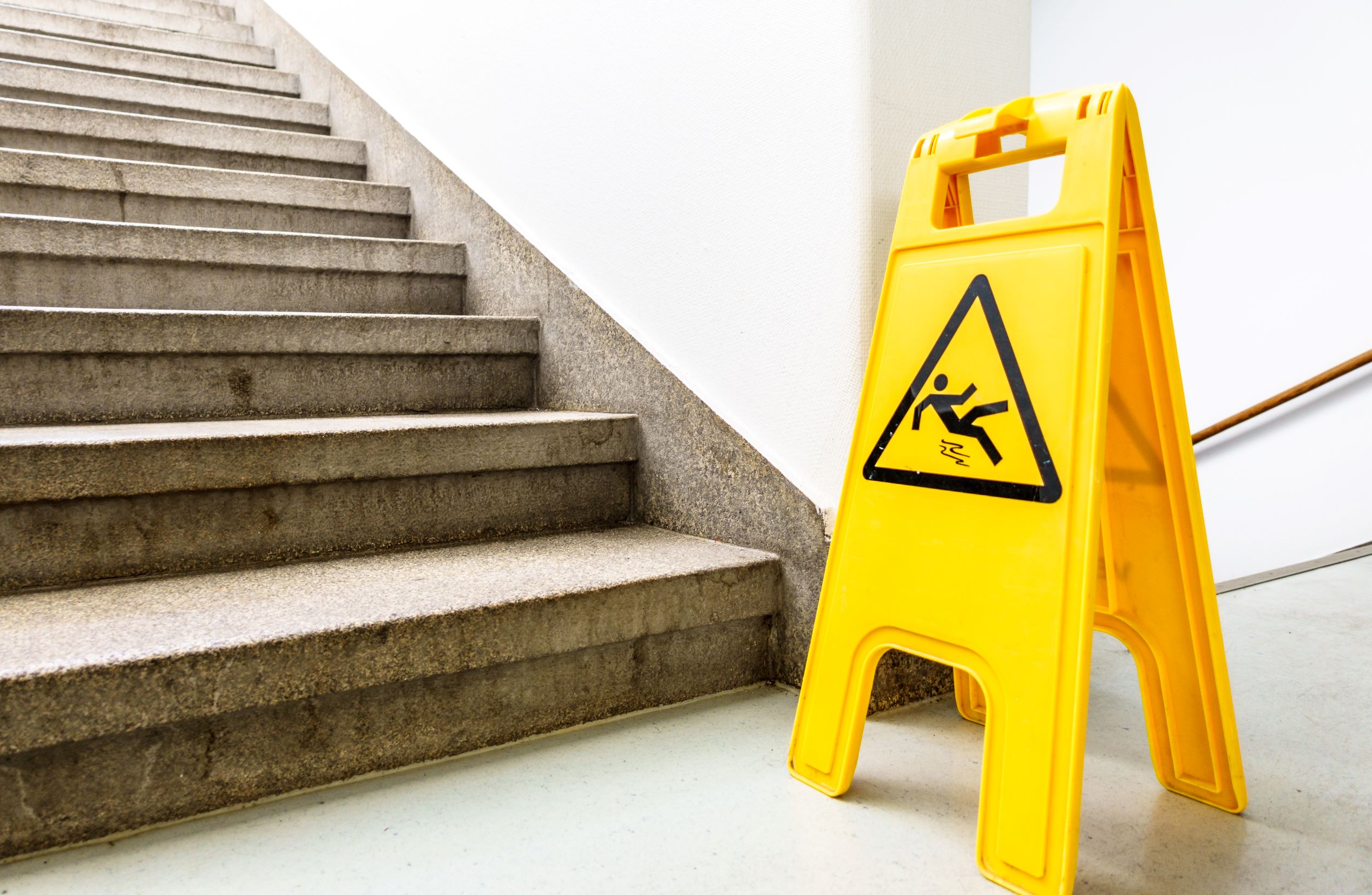
May 16, 2023
June is National Safety Month
June is National Safety Month. This month highlights efforts that can prevent injuries and death inside and outside the workplace, helps provide learning opportunities for employees, allows employers to share their safety pride and gives employees the opportunity to pledge they will work safely. Preventable injury-related deaths are the fourth leading cause of death in...

April 26, 2023
How to Handle Construction Equipment Spending in 2023
Business owners need to be careful with their spending and managing their balance sheets during 2023, to avoid the pitfalls of inflation and overspending. It is still a bit nuts out there. The economic and construction ball just keeps going up and down, up and down. What all this tells me, from a financial perspective...
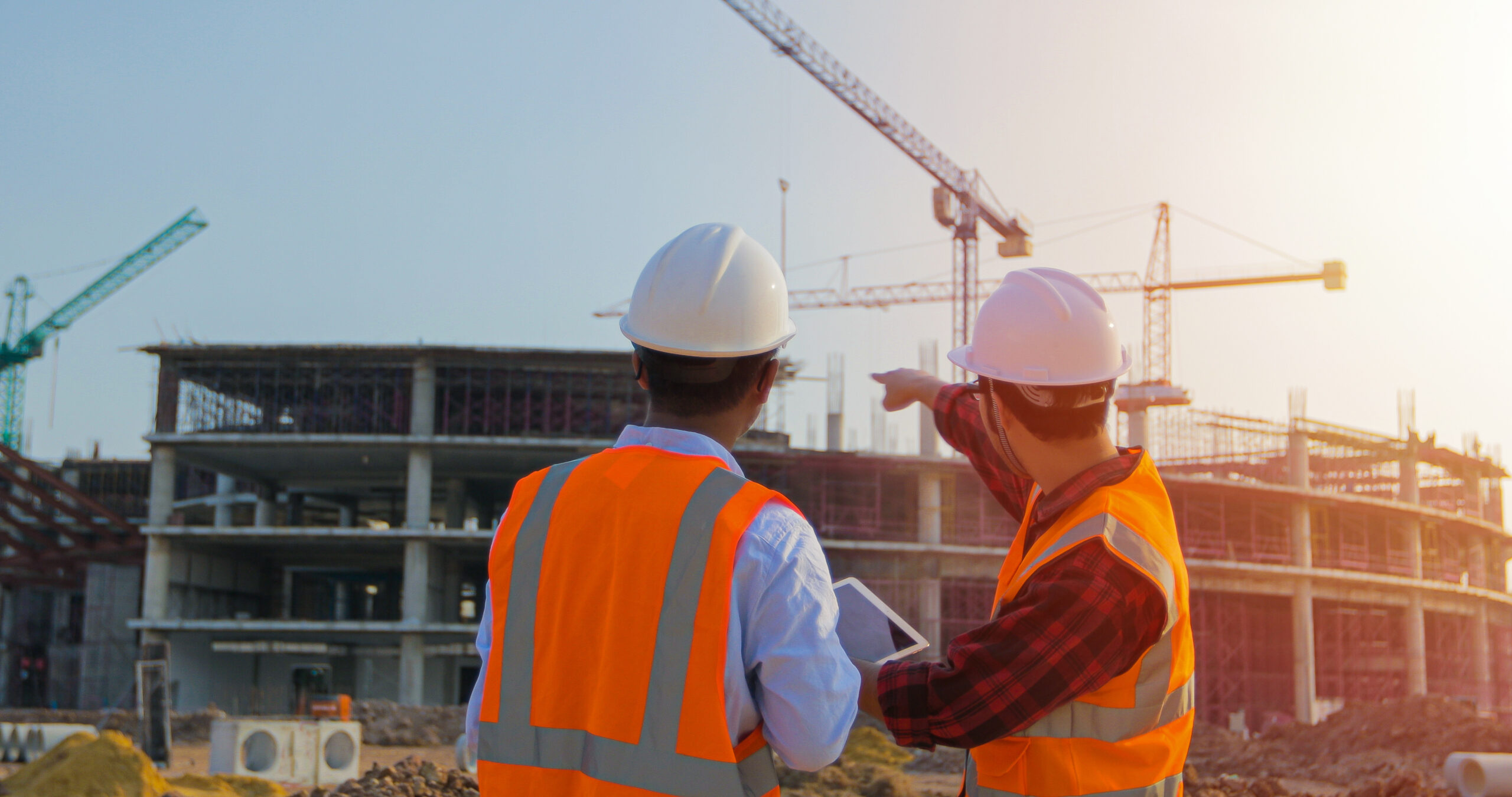
April 19, 2023
Trenching and Excavation Safety
It is essential to implement safety measures during trenching and excavation work to help prevent serious injuries and deaths. Especially considering the recent rise in fatalities and penalties involving this type of work, construction employers need to ensure they utilize proper risk management techniques. OSHA Penalties OSHA recently announced new enforcement guidance to deter employers...

April 6, 2023
Searching For a Surety Partner? Look For Someone Invested in Stability for the Years to Come
While insurance products exist to help an insured in the event of a loss, surety bonds are purchased so that a customer can guarantee their work on a particular project will be completed within a certain timeframe and at a reasonable cost. Bonds support everything from a guarantee that a construction project will be completed...
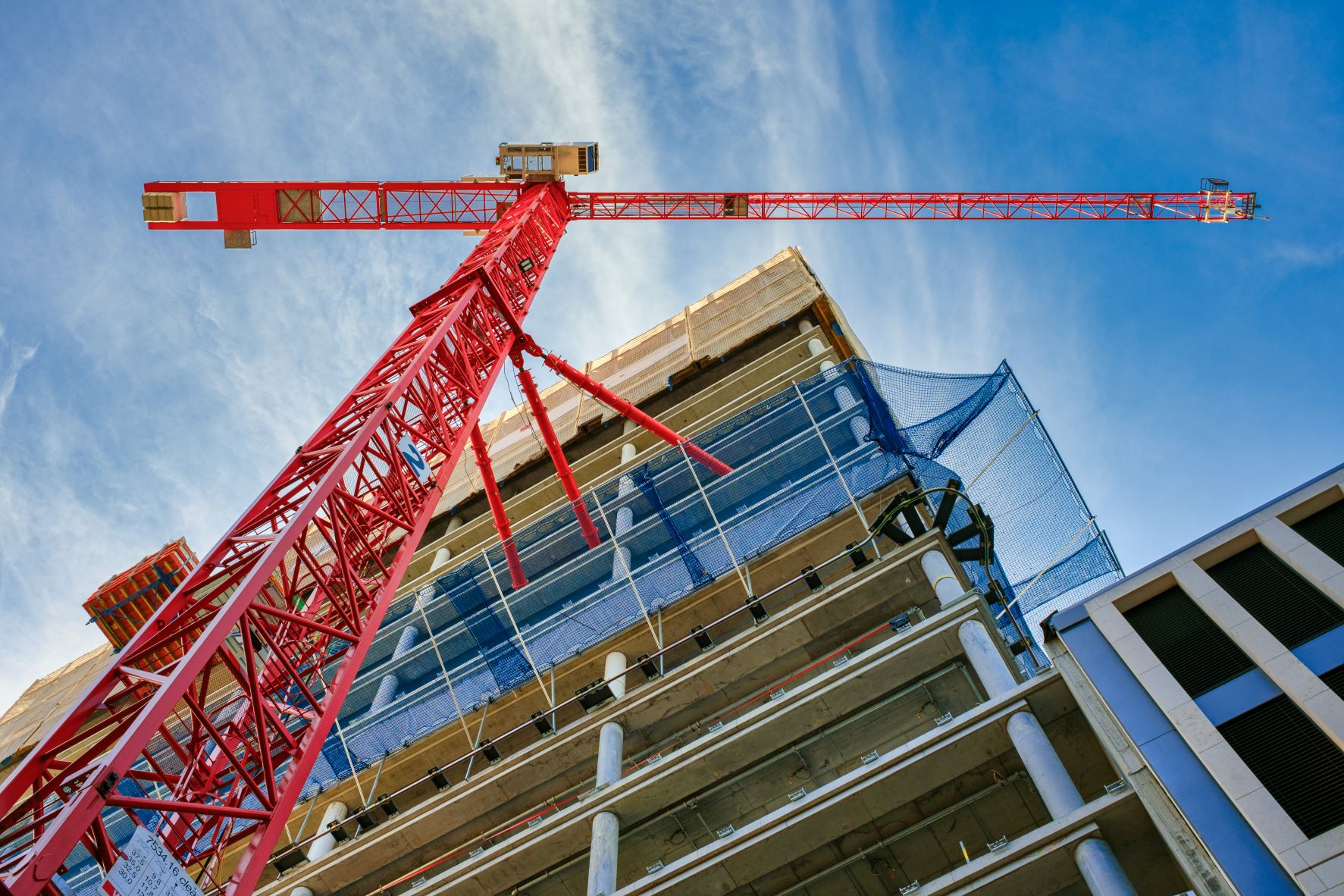
April 3, 2023
Growing Construction Costs Driving Commercial Property Coverage Gap
Growing costs for construction materials and labor could be driving commercial properties to be undervalued by as much as 30% for underwriting purposes, according to Tüv Süd Global Risk Consultants Corp. A disconnect between reported values and actual values can result in a coverage gap for a commercial policyholder. From November 2021-November 2022, the cost of...
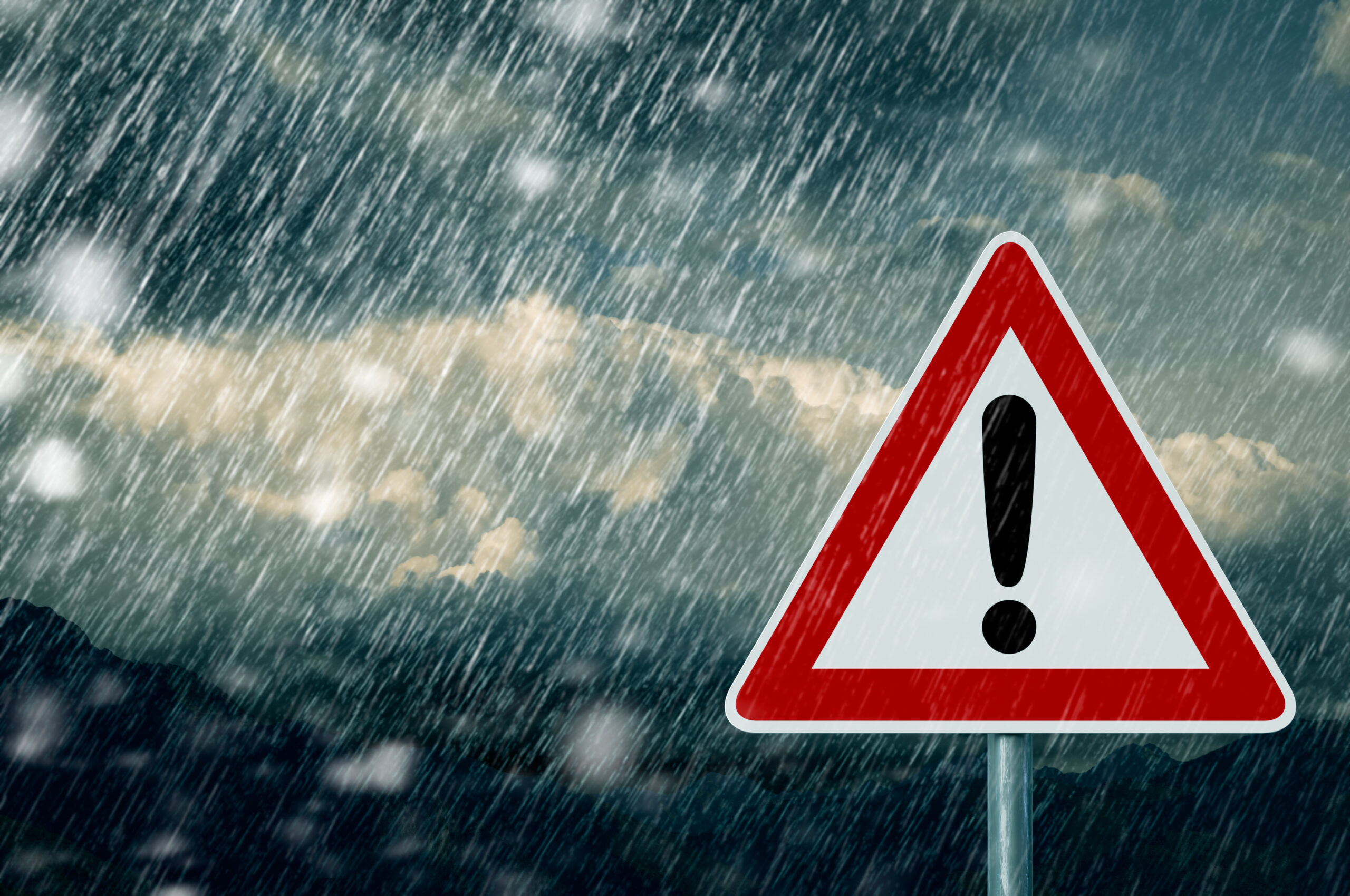
March 21, 2023
Insuring the Climate Transition: How Can the Construction Industry Confront Escalating Storm Damage?
Like every industry, construction isn’t immune to the effects of global climate change. Adverse weather affects 45% of construction projects globally, a 2021 report from the Air Force Institute of Technology found, and results in billions of dollars of additional expenses and lost revenue. Project delays, damaged materials and supply chain shortages are just some of...
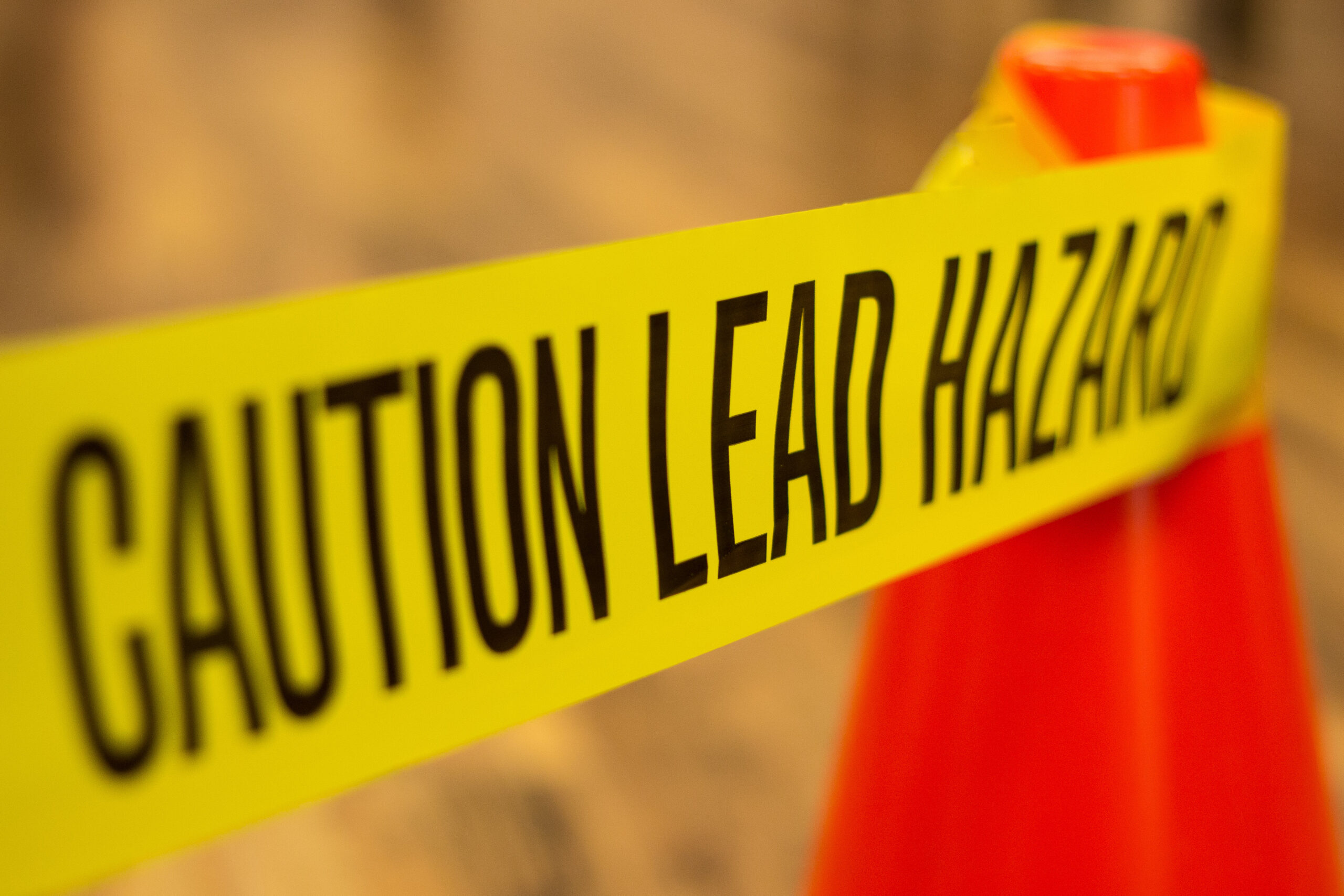
March 14, 2023
Cal/OSHA Proposes Revisions to Workplace Lead Exposures Standards
On March 3, 2023, the California Occupational Safety and Health Standards Board (Cal/OSHA Board) proposed to revise the standards for workplace exposure to lead for the general industry and construction industries. With the revisions, Cal/OSHA cited a need to adequately protect employees who are exposed to lead in their occupations. This proposal would reduce the...
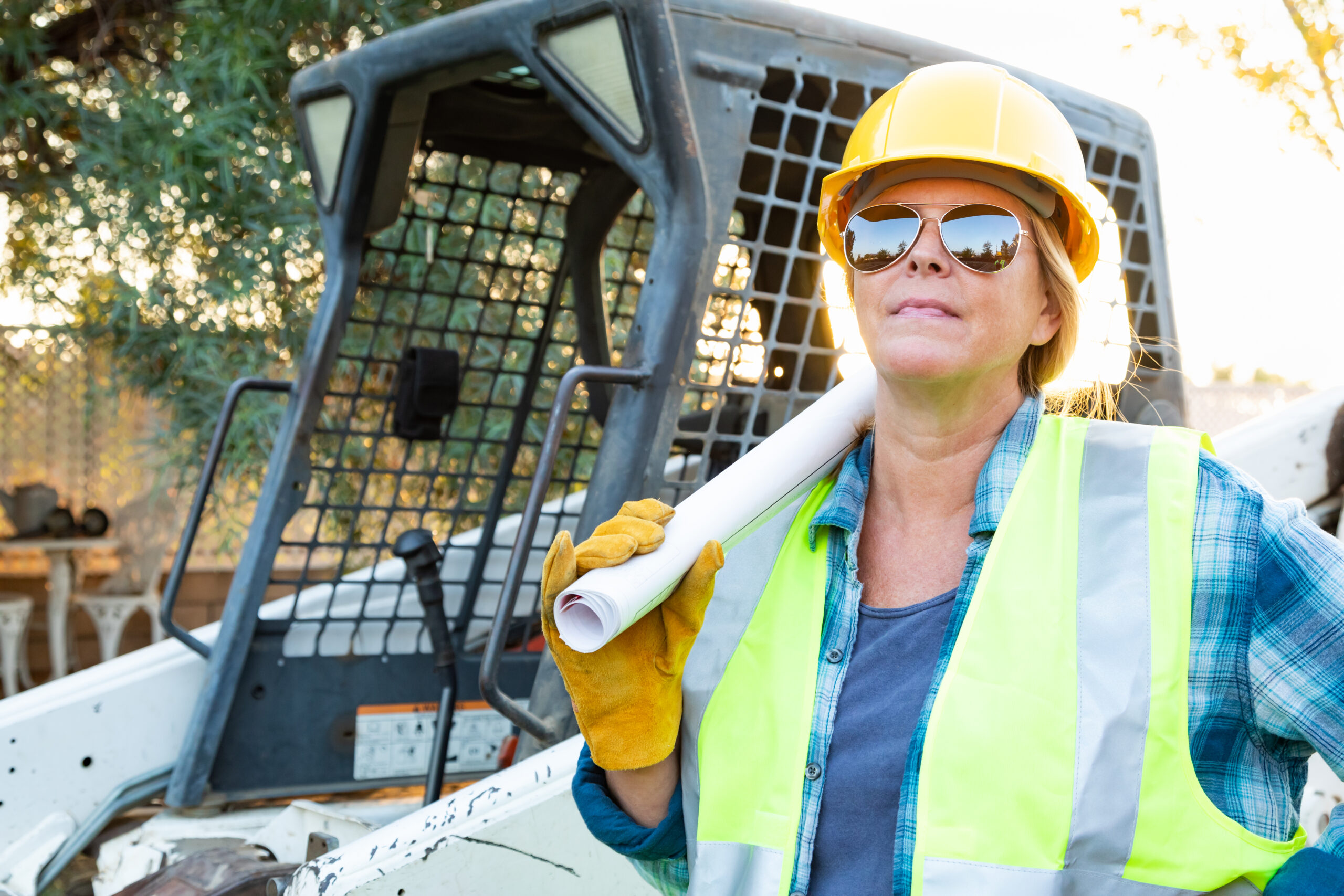
March 8, 2023
Construction Industry Trends to Watch
The construction industry consists of companies that construct, maintain and repair buildings and other structures (e.g., roads, bridges and utility systems). This sector plays a vital role in the U.S. economy by keeping residential areas, commercial facilities and local infrastructure in good condition, thus supporting the safety and welfare of communities across the nation. In...
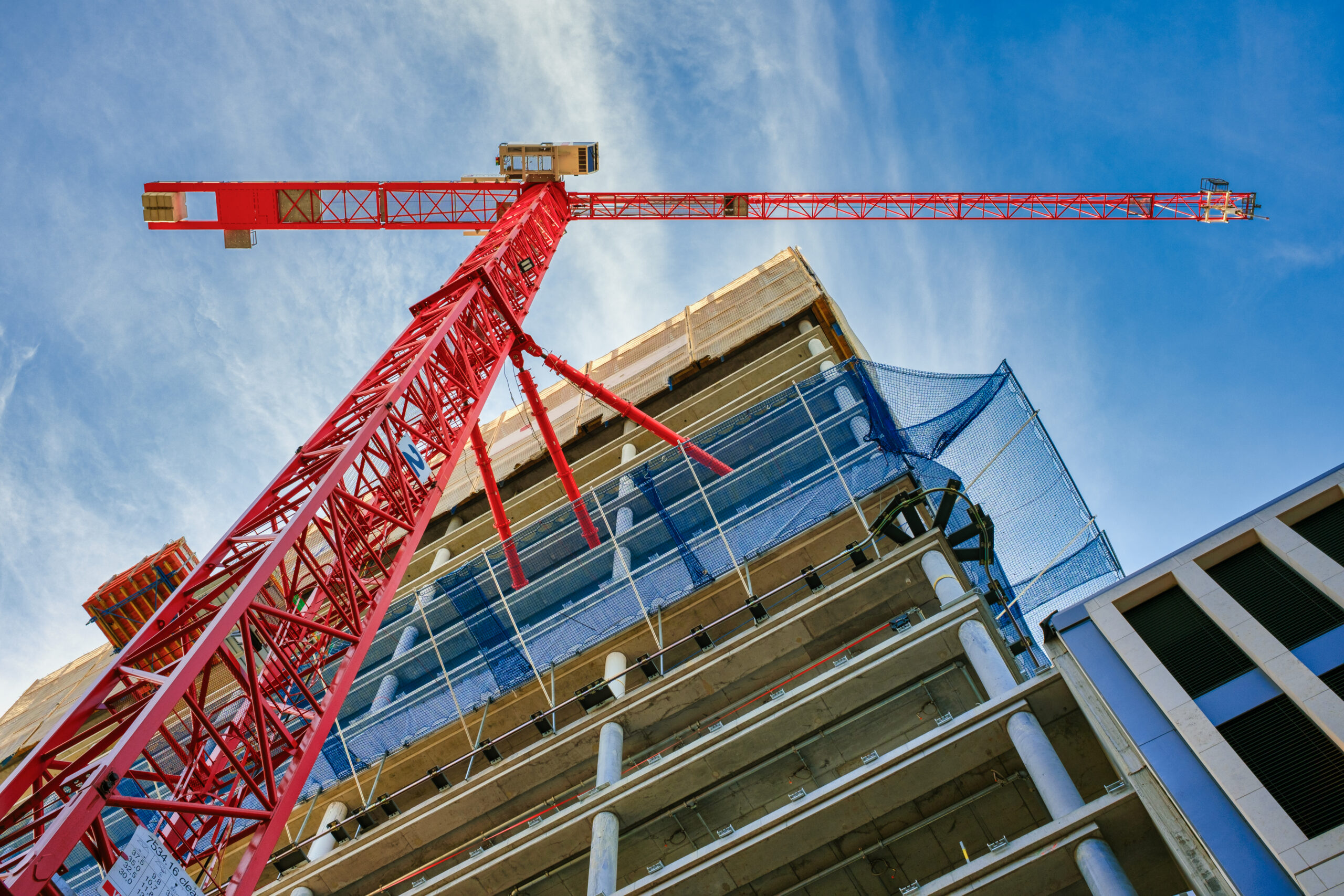
March 7, 2023
Construction Site Suspension Trauma
The risk of serious injury or death doesn’t end after a construction worker’s fall has been arrested. Although personal protective equipment (PPE) may prevent ground impacts, it may leave you or your co-workers vulnerable to the harmful effects of suspension trauma, also known as orthostatic intolerance or harness hang syndrome. Suspension trauma can occur due...

January 23, 2023
Tips on Safe Construction Work in Winter
Safety is always important on a construction site, but that is even truer in winter when snow, ice, rain, high winds, and low temperatures can add to the risk of slipping, falling, or other types of injuries. Even equipment used during winter to warm the air for workers or to help concrete set carries its own...
